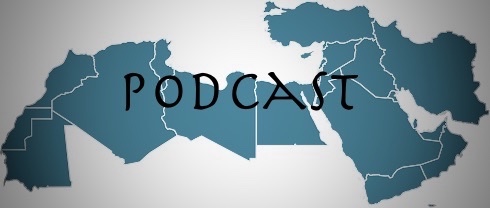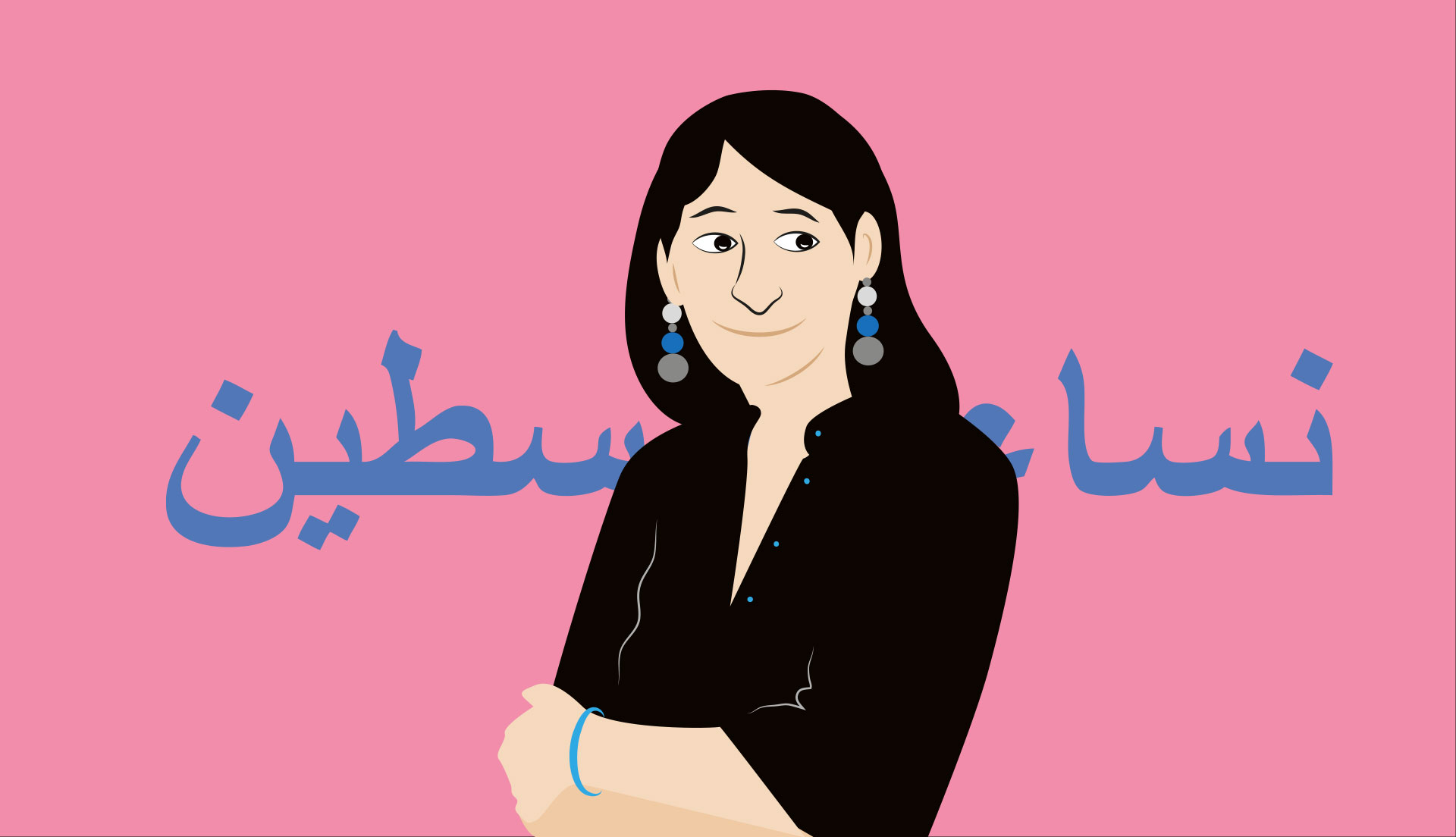With the failure of the Arab Spring revolutions, the moment may be ripe for an Iranian-led drive towards a Sunni/Shiite rapprochement, says Sami Kleib in Lebanese al-Akhbar 
by Sami Kleib – al Akhbar
(translated by Mideast Mirror Ltd)
When the first swallow of the Arab Spring started chirping in Tunisia and Egypt, Tehran rushed to describe the uprisings as ‘an Islamic awakening’,” writes Sami Kleib in the left-leaning Beirut daily al-Akhbar.
In a February 2011 sermon, the Iranian Revolution’s supreme leader Sayyid Ali Khamene’i said: ‘The Arab revolutions are inspired by the spirit and model of the Islamic Revolution in Iran, and are therefore a continuation of it.’ The supreme leader, after all, was no stranger to the Muslim Brotherhood, being the first to translate the works of [brotherhood founder] Sayyid Qutb into Persian and to recommend that they be read.
At the time, Tehran expected the Muslim Brotherhood to reciprocate the enthusiasm with which it had welcomed them. But the result was that Egyptian president Mohammad Mursi’s first visit to Tehran was a disappointment. The Brotherhood-affiliated president delivered a confessional and provocative speech from the podium of the Non-Aligned summit [in Tehran] that conflicted with Iran’s warmth in receiving him. He concluded by declaring a total estrangement between Egypt and Syria, Iran’s close ally.
After three years of revolutions and uprisings, the Muslim Brothers are now in an unenviable state. The U.S. and the Western states have let them down, after previously courting them. Washington pretended to sever some of its aid to Egypt, but behind closed doors it was saying to the Egyptian leadership: ‘don’t worry; this is mere talk. Nothing will change.’ Most Gulf states fought them. Saudi Arabia has placed them on its list of terrorist organizations. Hamas, as well as Turkey, are now the subject of accusations in both Egypt and Syria.
Had the swallow that chirped over Tunisia and Egypt been still alive, it may have been surprised by the speed with which the scene has changed. Some revolutions have consumed their own children; others have veered towards dividing up their countries into provinces. Some have broken down into infighting factions, and some are drowning in waves of terrorism and takfir. Yet others have forgotten why they were launched in the first place.
Now, a different scene is taking shape. Iran and Turkey seem to have a great interest in drawing closer to each other. When receiving Turkish PM Recep Tayyip Erdogan, Sayyid Khamene’i said: ‘the current brotherhood, love, and friendship between Iran and Turkey has no precedent in recent centuries.’ Erdogan responded: ‘I am here to visit my second country.’
Throughout the Syrian crisis, relations between Tehran and Ankara did not deteriorate. There were mutual recriminations, but no estrangement. Therefore, highlighting the excellent state of relations between the two countries today has major strategic implications. Subsequently, the Qatari foreign minister came to Iran, followed by a delegation from Hamas. And, between one visit and the other, Tehran continued to express its reservations towards Mursi’s overthrow in Egypt, and kept its lines open to the Brotherhood.
In the long-term strategic sense, Iran’s basic concept remains unchanged. In essence, the idea is that the Islamic world cannot but come together. Tehran wants to strengthen Shiite/Sunni links in order to establish a serious global alliance. It understands that a major aim of the ongoing confessional sedition in the region is directed against it and its allies’ role. In the short-term strategic sense, Iran believes that its ultimate interest lies in drawing close to the moderate Sunni currents in the region, including the Brotherhood, so as to end the war in Syria and pull the rug from under confessional sedition, thereby also strengthening its own position in the ‘5 + 1’ [nuclear] negotiations and against Saudi Arabia.
It is still not clear to many people why Saudi Arabia added the Muslim Brotherhood to its list of terrorist organizations, but Iran may be the main beneficiary. Tehran is now the destination of all those who have been damaged by the Saudi onslaught – from Turkey to Qatar to certain effective Yemeni parties.
A few days ago, leading Hamas figure and Gaza authority PM, Ismail Haniyeh, made strong statements against Israel. He urged the Palestinians to fight and seek martyrdom. A few days before, Islamic Jihad’s rockets had been pouring down on a number of areas in Israel. Before Haniyeh’s threats and Jihad’s rockets, two important visitors were in Tehran: Hamas’s International Relations official Osama Hamdan who said that relations with Iran were at their usual good and normal level, and Islamic Jihad’s Secretary General Ramadan ‘Abdullah Shelah. Egypt rushed to calm the situation [between Israel and Gaza] down.
Between the threats and the rockets, Egyptian Foreign Minister Nabil Fahmi was in Beirut, speaking of the importance of a rapprochement with Iran. Going public with this at this particular juncture may not have been appropriate given its impact on relations with Saudi Arabia, and the international pressures [on Egypt] before the presidential elections. But Egypt’s openness to Iran and Russia seems more than necessary at this point in time.
So what has changed?
What has changed over the past three years is that Iran has earnestly been seeking ways of establishing serious and strong relations with the Brotherhood current. Today, the Brotherhood seems in dire need of a rapprochement with Iran. In the near past, such a rapprochement would have elicited Western anger. Now, Tehran itself is reaching understandings with the West.
Israel is worried and is watching what is happening. It is trying to burn the parties’ cards. It deliberately leaked reports that Hamas’ Politburo head Khalid Mish’al was ready to visit Iran, via Qatari mediation. Hamas was forced to deny these reports.
There is no doubt that Saudi Arabia’s decision to ban the Brotherhood has caused confusion even in the Gulf. Kuwait’s Brotherhood is part of a complex makeup and it is not possible to fight it. Bahrain’s Brotherhood has a sensitive role to play in a country whose problems are being portrayed as being between the Shiites and the authorities. The Bahraini foreign minister was forced to deny statements in which he allegedly said that Bahrain’s Brotherhood is not a terrorist group. He later retracted these statements and said that his country sides with Saudi Arabia and the UAE, and that whoever is their enemy is Bahrain’s enemy as well. More confusion has spread among the Syrian and Palestinian Brotherhood. In Yemen, the Brotherhood has found itself too weak to confront the [Zaidi Shiite] Houthis. Saudi Arabia’s gates were shut in the face of its leaders from the Al-Ahmar clan.
Iran may perceive all this to be an opportunity to revive its idea that there is no alternative to an actual Islamic awakening; one based on closer relations between the Shiite and Sunni blocs in Iran in particular. As for the Arabs, they are fighting among each other on their own lands. They are at a loss as to whether they should hand over Syria’s seat [in the Arab summit] to the [Syrian] opposition, which no longer represents much on the ground, or should wait for better days.
The swallow died before the Spring flowers could bloom.




























